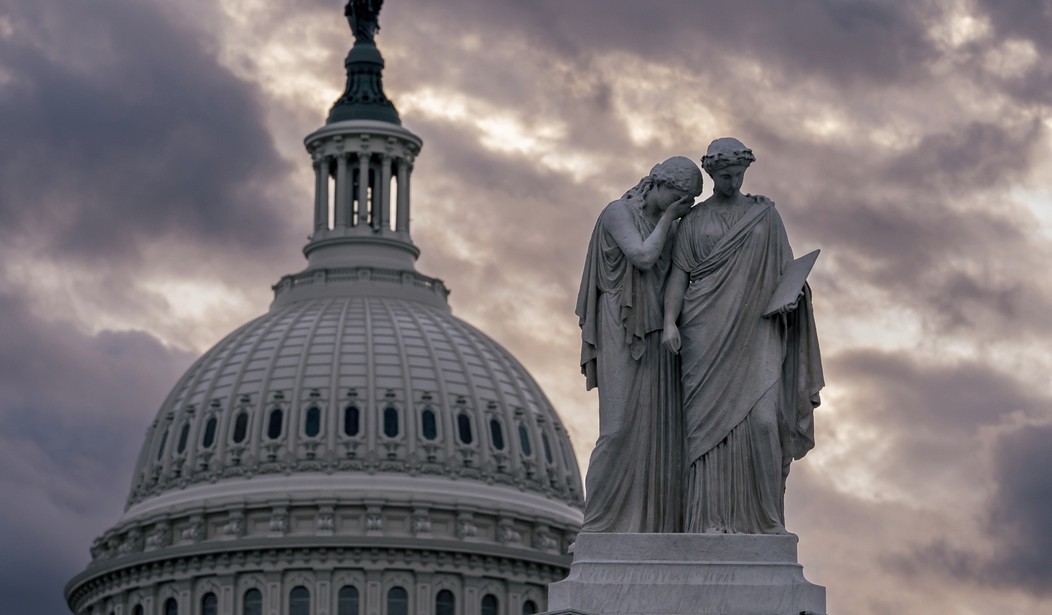Every schoolkid knows -- or used to know -- that the United States has three branches of government. At least that's what the textbooks say.
But really, we have four branches of government.
That's because Congress -- the legislative branch -- has for decades delegated lawmaking authority to the unconstitutional fourth branch of the U.S. government: independent regulatory agencies. By some estimates, there are more than 300 of these agencies sticking their nose into every aspect of American life and business, from what kind of car you can buy to the temperature setting on your thermostat to what you can build on your own private property.
Who are these regulatory czars accountable to? Who elected them?
To his credit, former President Donald Trump tried to rein in the regulatory blob. He promised to rescind two regulations for every new regulation enacted while he was president. He actually repealed about five rules for every new one.
But President Joe Biden LOVES to regulate.
On his first day in office, Biden rescinded the Trump policy, and the ratios have been roughly reversed. He also got rid of stringent cost-benefit analysis for new rules. This was to ensure that the regulation wasn't going to have a price tag far exceeding any societal benefit.
Recommended
Now we are getting a regulatory explosion with private sector costs as high as $2 trillion a year, according to the Competitive Enterprise Institute. The federal government doesn't abide by the Ten Commandments. Now there are more than 10,000. Biden's latest whopper is an Environmental Protection Agency rule that would effectively ban the production of gas-powered cars within 10 years.
Almost all recent presidents left office with more rules and red tape than when they entered. Ronald Reagan and Trump were two exceptions. Richard Nixon created the EPA, even though states were doing a fine job cleaning air and water. It was the George W. Bush administration that passed an energy bill requiring household appliances like home refrigerators and dishwashers to be "energy-efficient," which in practice meant they didn't work very well.
What can be done to trim the tentacles of the regulatory octopus? How about cutting those budgets and their enormous bureaucratic staffs? Over the last 30 years, the budgets of the regulatory agencies have more than tripled after adjusting for inflation from $25 billion to $75 billion. If Biden has his way, next year the regulatory octopus will exceed $100 billion to arm super-regulators like Lina Khan of the Federal Trade Commission. Khan has tremendous authority over whether businesses should be able to merge. She's never run even a lemonade stand in her whole life.
Congress still has power over the purse. Cutting the regulatory budgets in half would still ensure safety, financial soundness and a clean environment while saving half a trillion dollars over 10 years. The Republicans should start by ensuring that the snoops at the IRS don't get 87,000 more IRS agents to harass citizens and pry into every private transaction we make.
Yes, we want sound regulation. But it shouldn't cost our families and businesses $2 trillion a year.

























Join the conversation as a VIP Member